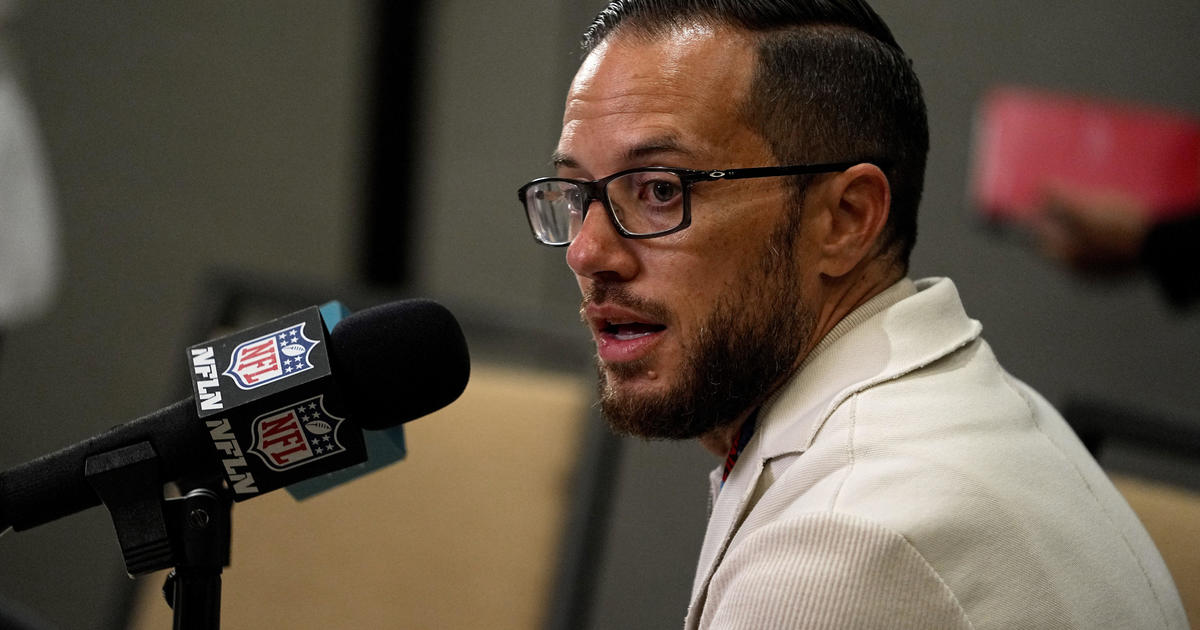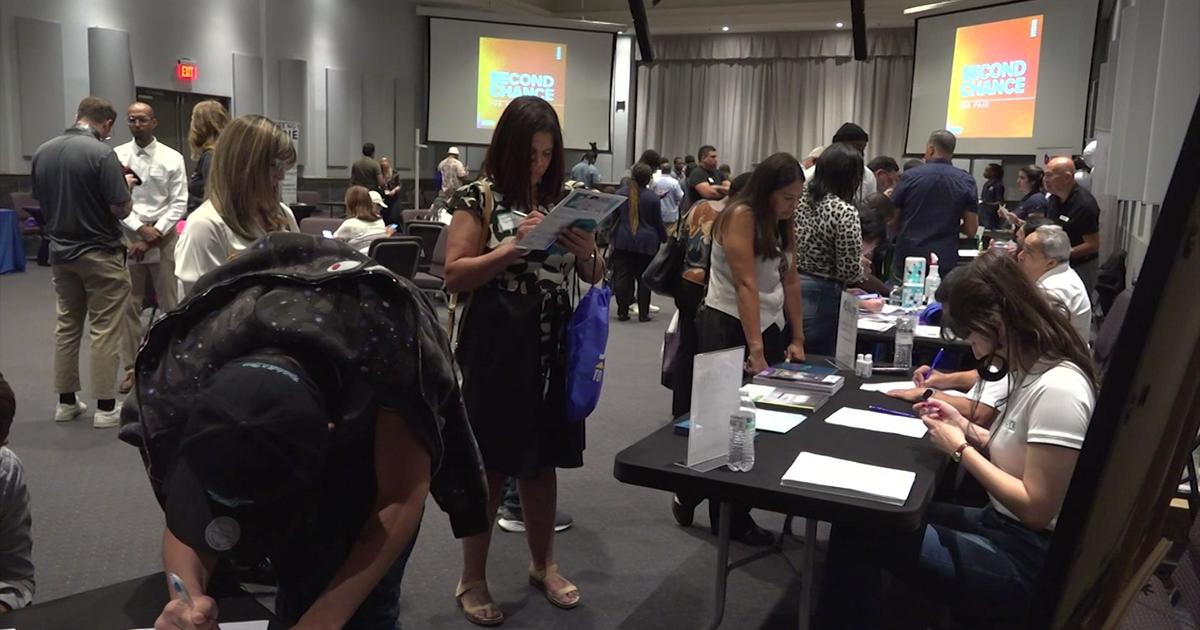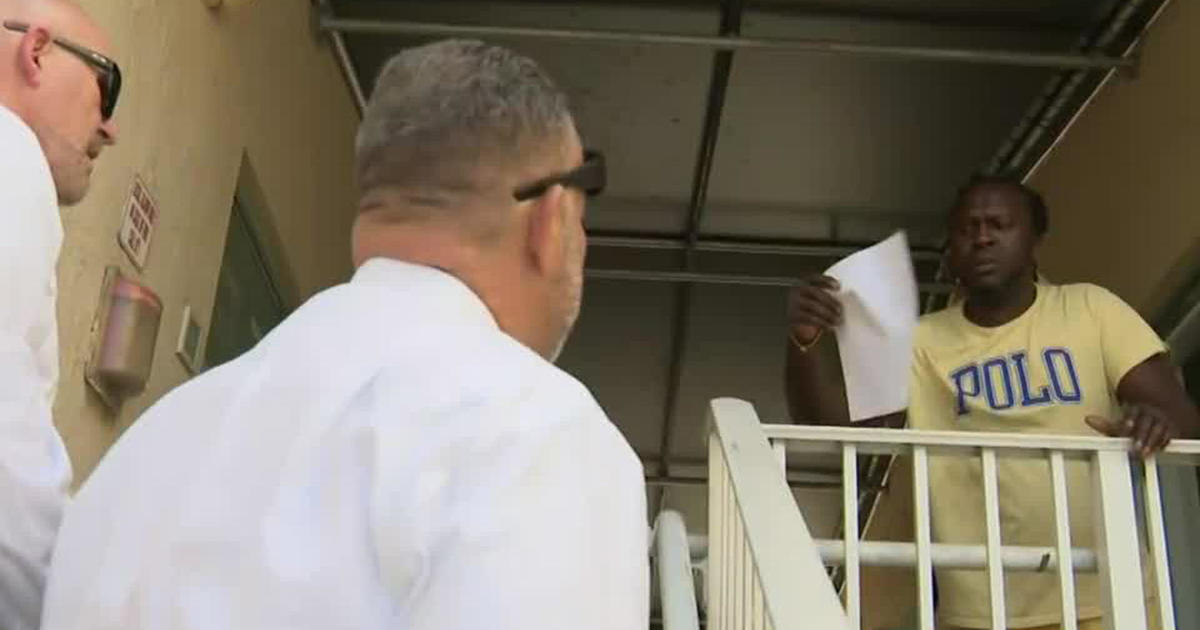Coronavirus Q&A With Dr. Tara Narula
MIAMI (CBSMiami) – As the number of coronavirus cases continues to grow, so does the list of questions. To help give some answers, CBS News medical contributor Dr. Tara Narula did a Q&A with "CBS This Morning."
Q: If you get really sick with coronavirus, when do you know it's an emergency?
A: So for most people, it's going to be mild. The symptoms are going to be mild. You'll recover. But you do need to understand when it progresses. Those things to look for would be shortness of breath, chest pain, a change in your mental status — you're more confused, more lethargic — bluish coloration to your fingers or your lips, these things should prompt you or someone who's maybe with you to say something is getting worse, and you need seek medical attention. If you choose to go to the emergency room, you might want to try to call ahead — again, to warn them you're coming so they can prepare and decrease the risk of exposure to everyone else.
Q: If you don't have symptoms anymore but you think you had it or you did have it, are you still contagious?
A: So you know, what we know is that if you get exposed, usually you will mount symptoms within those two to 14 days. That's why the quarantine period is 14 days. If you test positive for COVID, and you're told to kind of isolate, then when can you reemerge? And that's really when you've been free of fever for 72 hours without fever-reducing medications, your symptoms are improving, and it's been seven days since you first had that symptom. Or you have two negative tests.
Q: Can you recover and then relapse?
A: There have been some reports out of Asia saying they got the infection and a couple of weeks later they got it again. What we know about most viruses, when you get an infection, you produce antibodies. Those antibodies do provide you protection if you see that virus again. The big question is really, how long are you immune for? Is it a year, is it a lifetime? Is the virus going to change a little like the flu does, so that you need, for example a vaccine every year? The one caveat is there are people who don't produce as big an immune reaction. They may be able to kind of get infected again.
Q: We keep hearing how older Americans are the most affected by the coronavirus. But also those with underlying conditions. Could we get more detail on those underlying conditions?
A: It's important to realize what some of these underlying conditions are. So, hypertension, cardiovascular disease, chronic lung disease, including things like asthma, diabetes, kidney disease, and individuals on dialysis, cirrhosis, cancer, and anyone who's immunosuppressed. They take medications or have a condition where the immune system is weaker. These are the big categories to know about.
Q: What does the coronavirus mean for pregnant women?
A: You know, unfortunately this virus has only been around for a couple of months, so we really don't have the long-term data to tell us a lot. So far, it does not seem that pregnant women are more at risk or will suffer more severe disease. That being said, with viral illnesses like the flu, for example, women who are pregnant can develop more severe disease. We need a lot more data to inform us. In addition, it does not seem at this point in time that pregnant women can pass the virus on to the baby. It has not been found in the amniotic fluid or in the breast milk. But again, all of the science is really evolving.
For the full interview with all the questions, click here.



